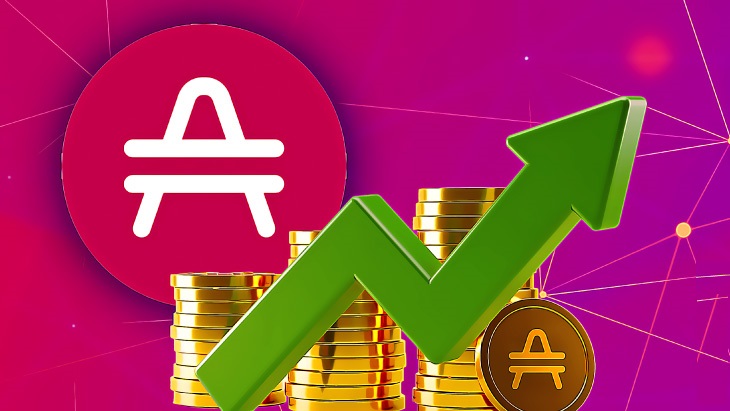The current CoinMarketCap ranking is #71 and the latest price as of March 2 is $0.02809. It is too cheap, but should you invest in it? A cheap token can get easily cheaper as the cryptocurrency market is too volatile.
In this article about Amp, there are two different scenarios, representing a bullish and a bearish view. Pick a scenario that is based not on emotions but logic and arguments.
Lets’ start with the bullish scenario first.
The Bullish Scenario
In 2022 and beyond one of the most critical questions to ask about any coin or token to decide to invest in it or not is the technology of the blockchain protocol if it is a coin and whether there is a potential for massive utility and scalability. Utility and scalability are key drivers that can gain the attention and interest of both retail and institutional investors.
“AMP, the native cryptocurrency of the Amp blockchain, is a collateralized token designed to speed up transactions in cryptocurrency networks, including the two largest in the world — Bitcoin and Ethereum.”
How is this transaction speed up achieved? Amp users can put their Amp tokens as collateral for transactions on cryptocurrency networks. Here is when the collateral use gets tricky.
Should the transactions take too long to process AMP tokens, it can be liquidated to cover the costs so that the receiving party receives the payment. What about the actual figure of the transaction though? Is it also possible to cover the total cost of the transaction including the additional fees?
In theory, it is possible. I would say it is possible but for rather small amounts. Take for example the price of Bitcoin (BTC-USD) that as of March 2, is near $44,000. Sending a Bitcoin as payment would require having more than 1.5 million Amp tokens. That is a massive amount.
Amp claims it wants to “take money into the 21st century” by providing “instant, verifiable assurance for any real-world application.” Is this not a great utility? Taking it one step further you can decentralize risk by using smart contract features for collateral.
The Bearish Scenario
Assuming there is no top urgency for making a digital transfer, there is no need for collateral or speeding up the process. In essence, the biggest advantage of Amp gets eliminated.
With a market capitalization of approximately $1.18 billion, Amp seems to have an excessive premium for the collateral service it offers.
Fast and efficient transfers in the real world are highly sought but I have my doubts about whether Amp can act as universal collateral for anyone.

The Bottom Line
Not all financial transactions need collateral, but the cryptocurrency market is full of stories related to scams and money laundering issues that should lead to a global regulation at some point.
Amp has not one but two innovations to transform digital transfers. Collateral managers and token partitions.
Collateral managers resemble escrow accounts in traditional banking, but they can be customized according to rules and specifications and can be used as collateral to support applications.
Token partitions are advanced rules used on distinct spaces tied to the same digital address that can perform tasks such as “staking” tokens to generate income without an actual transfer of them to a smart contract.
I would say that these two features are innovative as it is the first time, relating to any cryptocurrency.
The real-world cases that support the use of Amp involve collateral for payment networks, for individuals, and DeFi platforms.
Source: https://www.nasdaq.com/articles/why-amp-could-become-a-universal-collateral-token
Disclaimer
Although the material contained in this website was prepared based on information from public and private sources that AMPRaider.com believes to be reliable, no representation, warranty or undertaking, stated or implied, is given as to the accuracy of the information contained herein, and AMPRaider.com expressly disclaims any liability for the accuracy and completeness of the information contained in this website.

